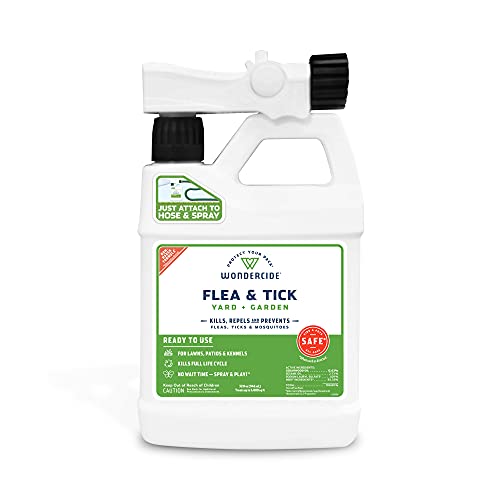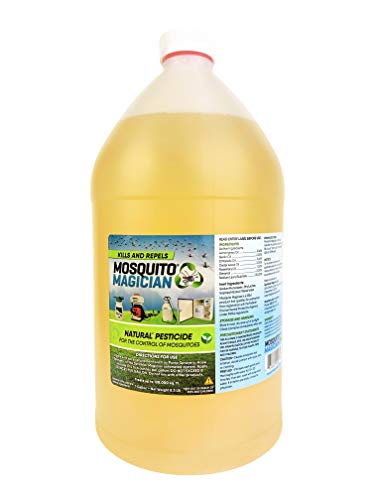Best Pesticides For Yard : Review And Buying Guide
Brandon Forder Apr 25, 2024 11:15 AM
Perhaps you'd like some additional details about best pesticides for yard, and we can help you get them. The ratings were formulated after considering the opinions of specialists. Below you'll find our picks for the best pesticides for yard products. Would you benefit from some guidance in identifying the appropriate best pesticides for yard? We've included a comprehensive catalog of every kind and shade of best pesticides for yard product currently on the market.
After best pesticides for yard was created, our team spent countless hours researching and testing available models.
Look at how we stacked up!

Compare Products
- SCORE9.2
- BrandControl Solutions
- Prime
- SCORE8.8
- BrandBayer
- Prime
- SCORE8.8
- BrandSummit...responsible solutions
- Prime
- SCORE8.6
- BrandDr. Earth
- Prime
Last update on 2024-04-25 / Affiliate links / Images, Product Titles, and Product Highlights from Amazon Product Advertising API
Choosing the best pesticides for your yard is important if you want to protect your property. Depending on your needs, you may want to use a chemical insecticide or a natural product. There are many factors to consider when choosing the best product for your yard, including price, effectiveness, and safety.
The best insecticides for your yard are those that are safe for people and pets. They should be applied properly and used according to instructions to prevent harmful exposure. Some pesticides can be toxic to people, pets, and other non-target species. The best lawn insecticides for pest control contain potent, effective insecticidal agents that kill bugs right on contact. They also protect your pets from harmful bites. They're effective at controlling ants, beetles, stink bugs, and other yard pests.
If you're looking for a natural solution for lawn insect control, you may want to consider using neem oil or diatomaceous earth. These products contain essential oils that repel insects and other pests. However, they may not be as effective as a chemical solution.
Organic products are often the most effective and safest solutions for your yard. These products are made from natural compounds and extracts. They're also more environmentally friendly than chemical solutions, which can harm the soil, plants, and natural plant life in your yard.
Bacillus thuringiensis is the most commonly used biological pesticide in the world. The bacteria's spores work by causing insect larvae to die of infection. These spores can be applied directly to leaf surfaces or sprayed on the lawn. If you're unsure about using this method, you can contact a lawn care professional for help. This method can be used safely on a variety of yard pests, including ticks, ants, and fleas.
Natural insecticides include azadirachtin, a growth regulator. This compound interrupts the growth cycles of insects, preventing them from producing more eggs or larvae. Many products that contain this compound are also effective at reducing fungus on plants.
Pyrethroids are synthetic insecticides that can kill insects on contact. However, they are highly toxic to aquatic critters, fish, and mammals. These insecticides are also known to cause neurological effects, such as vomiting, drooling, and diarrhea. They're also toxic to bees, honeybees, and other beneficial pollinators.
If you have a large yard, you may want to consider using Spectracide insecticide. This product kills over 100 different types of lawn pests, including beetles, ants, and other grubs. This product also works as a perimeter insecticide. It starts to work right away, and it continues to protect your lawn for the whole season.
Another common yard pest is aphids. These pests feed on dead insects and decaying organic matter. While aphids may not be harmful to your lawn, it is still important to keep them out. You can find a variety of products that contain aphid-killing agents, but be sure to check the labels carefully.
Another option is to use an acephate-based remedy. These products are often used on garden plants, but they can also be dusted on your lawn to ward off insects for up to three weeks. They're also easier to spread over large areas than granules.





























